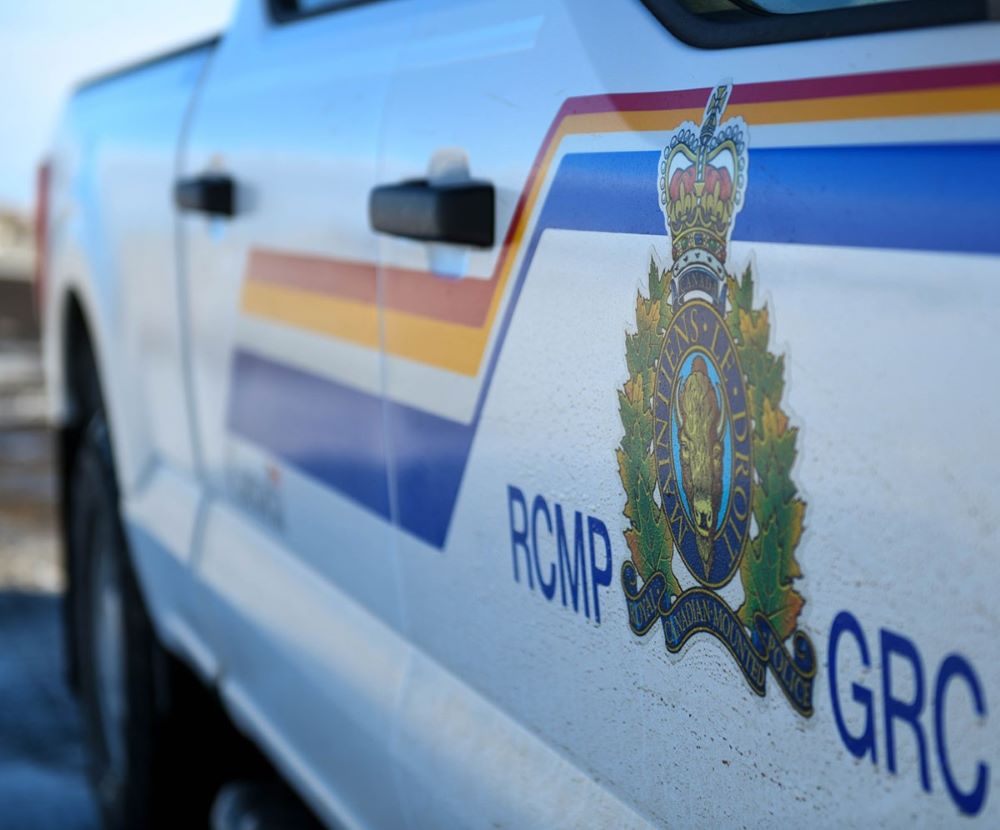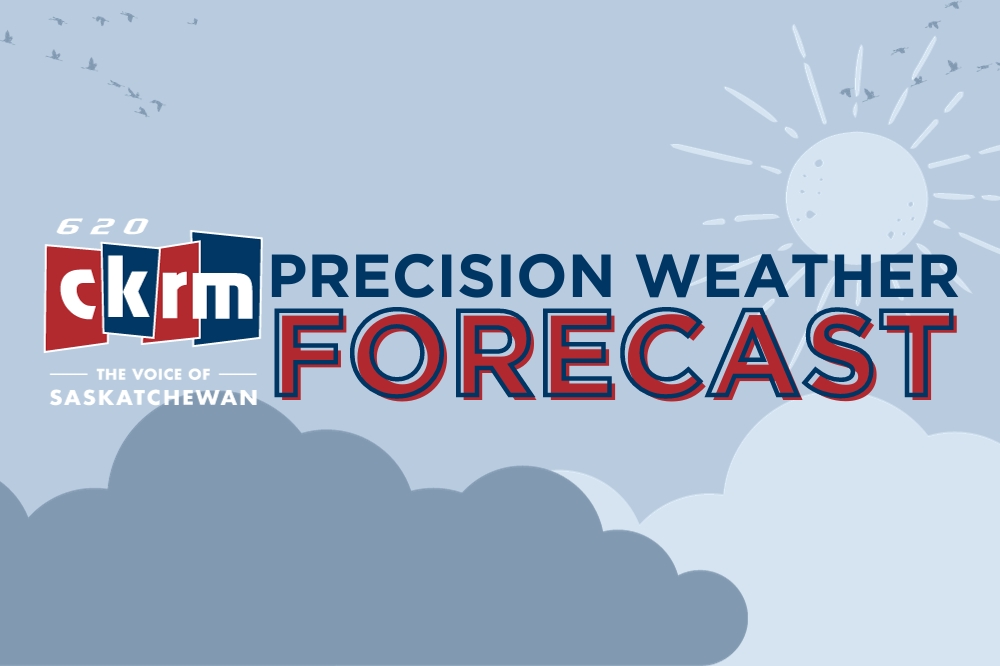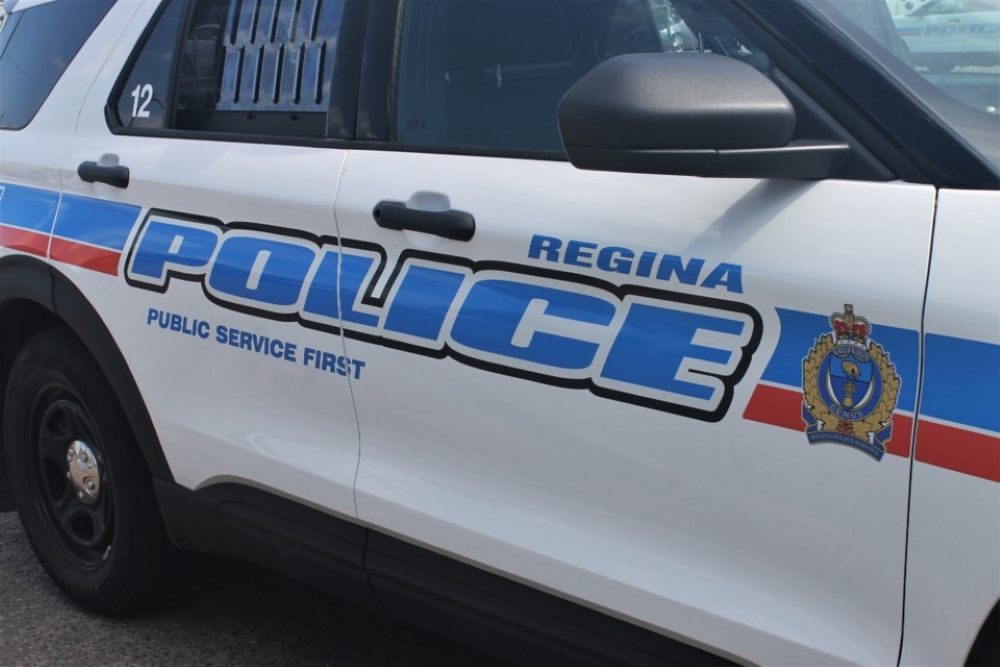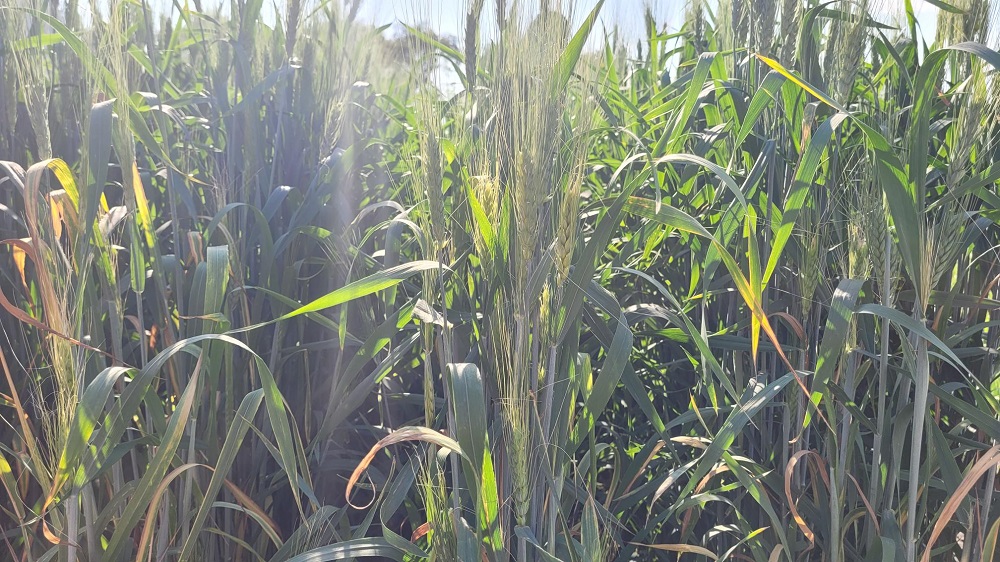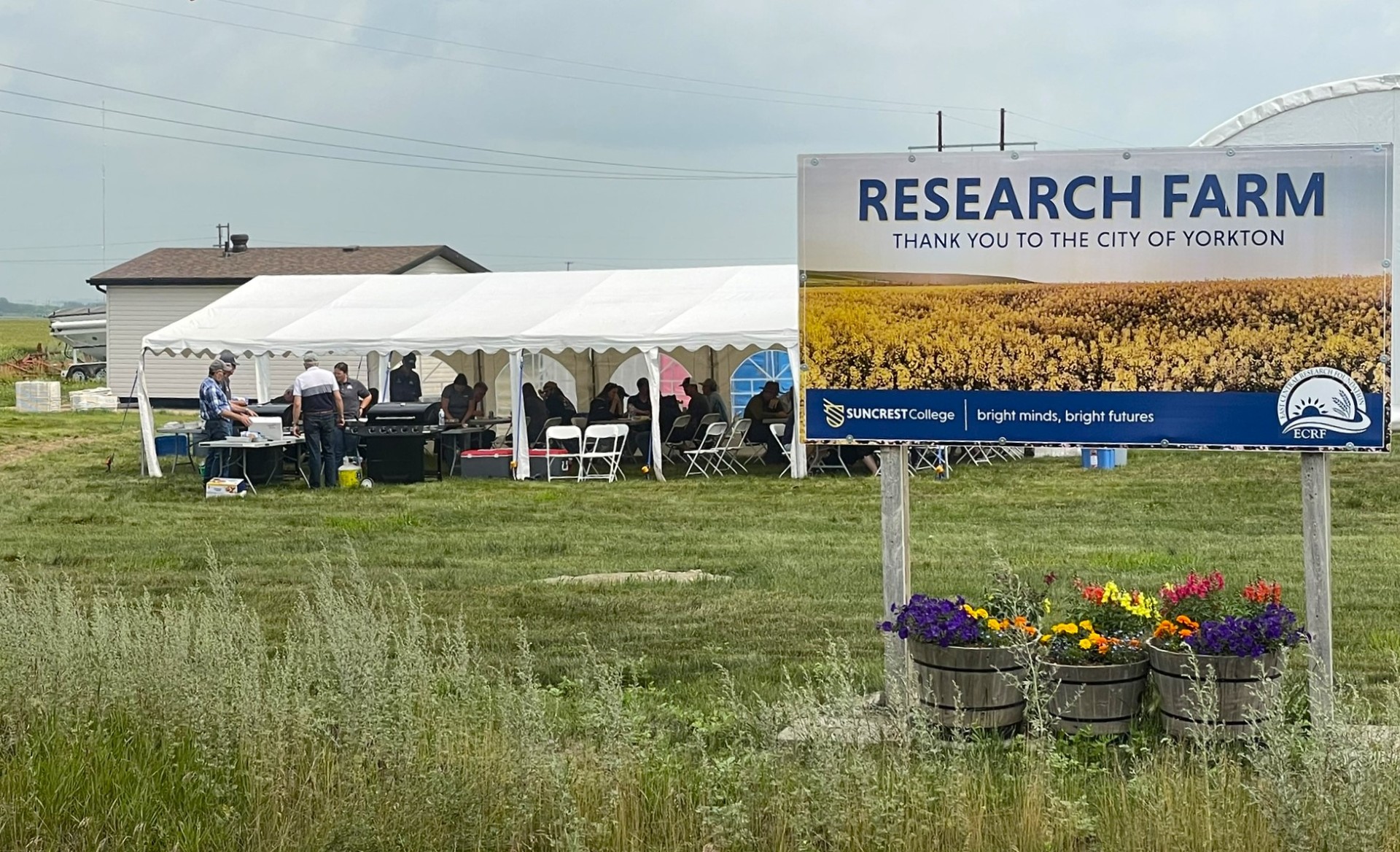The provincial government is implementing significant changes in its response to illicit drug issues as part of the new Action Plan for Mental Health and Addictions.
The province said the focus is on transitioning to a Recovery-Oriented System of Care, emphasizing treatment, hope, and public safety.
One major change involves discontinuing the provision of taxpayer-funded pipes for smoking methamphetamine, crack cocaine, and other illicit drugs. Additionally, the practice of providing materials with instructions on how to use these drugs will be discontinued. The government aims to deliver a message of hope for recovery rather than supporting drug use.
Mental Health and Addictions Minister Tim McLeod said in a media release that “providing taxpayer-funded pipes for smoking illicit drugs and instructions for how to use them sends the wrong message to people who we want to help.
“Instead, the message coming from the health care system should be that there is hope for recovery, and there is help available through treatment.”
These changes align with the government’s broader Action Plan, announced in Fall 2023, which seeks to add at least 500 more addiction treatment spaces to double capacity in the publicly funded health care system.
Consistent with public safety priorities, the government will continue providing naloxone for free through the Take Home Naloxone program. Naloxone has been instrumental in reversing nearly 10,000 overdoses since its introduction in 2015.
To monitor the toxicity of illicit drugs and educate users about associated risks, test strips for fentanyl and benzodiazepine contamination will remain available. The use of drug checking infrared spectrometers will also continue for the same purpose. A new Provincial Drug Alert System has been launched to enhance these efforts, increasing awareness of the dangers of illicit drugs and toxic substances.
Needle exchanges will now operate on an exchange basis, requiring the return of used needles. This measure aims to address concerns about needle litter in communities and reduce the spread of bloodborne illnesses, such as HIV and hepatitis C.
To support individuals struggling with addiction and at-risk populations, new Community Wellness Buses are planned for 2024. These buses will provide primary health care services, assistance with accessing support services, and referrals for other needed services.
These changes are effective immediately, and any resulting savings will be redirected to enhance needle pickup services, reinforcing the commitment to public safety and community health.



